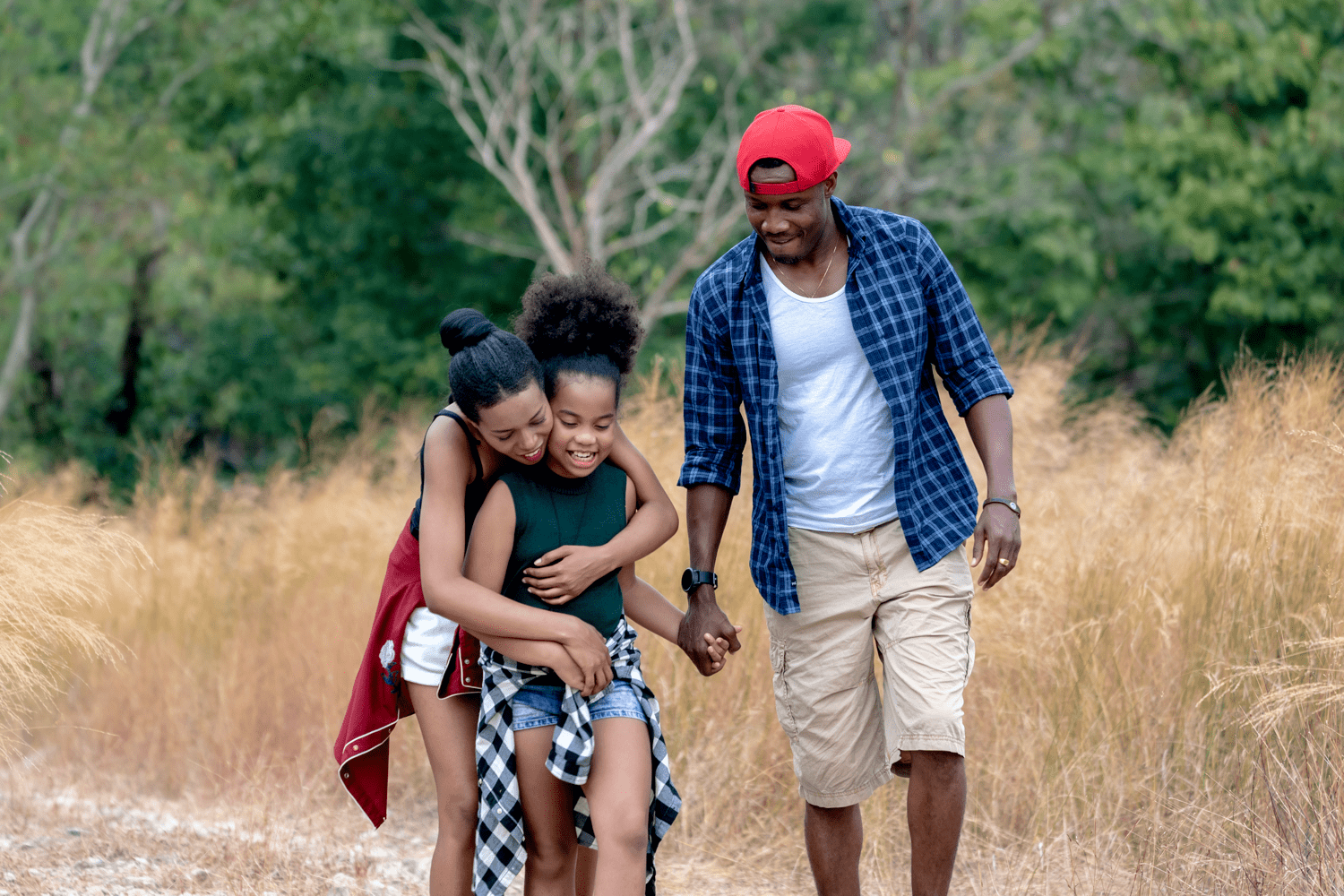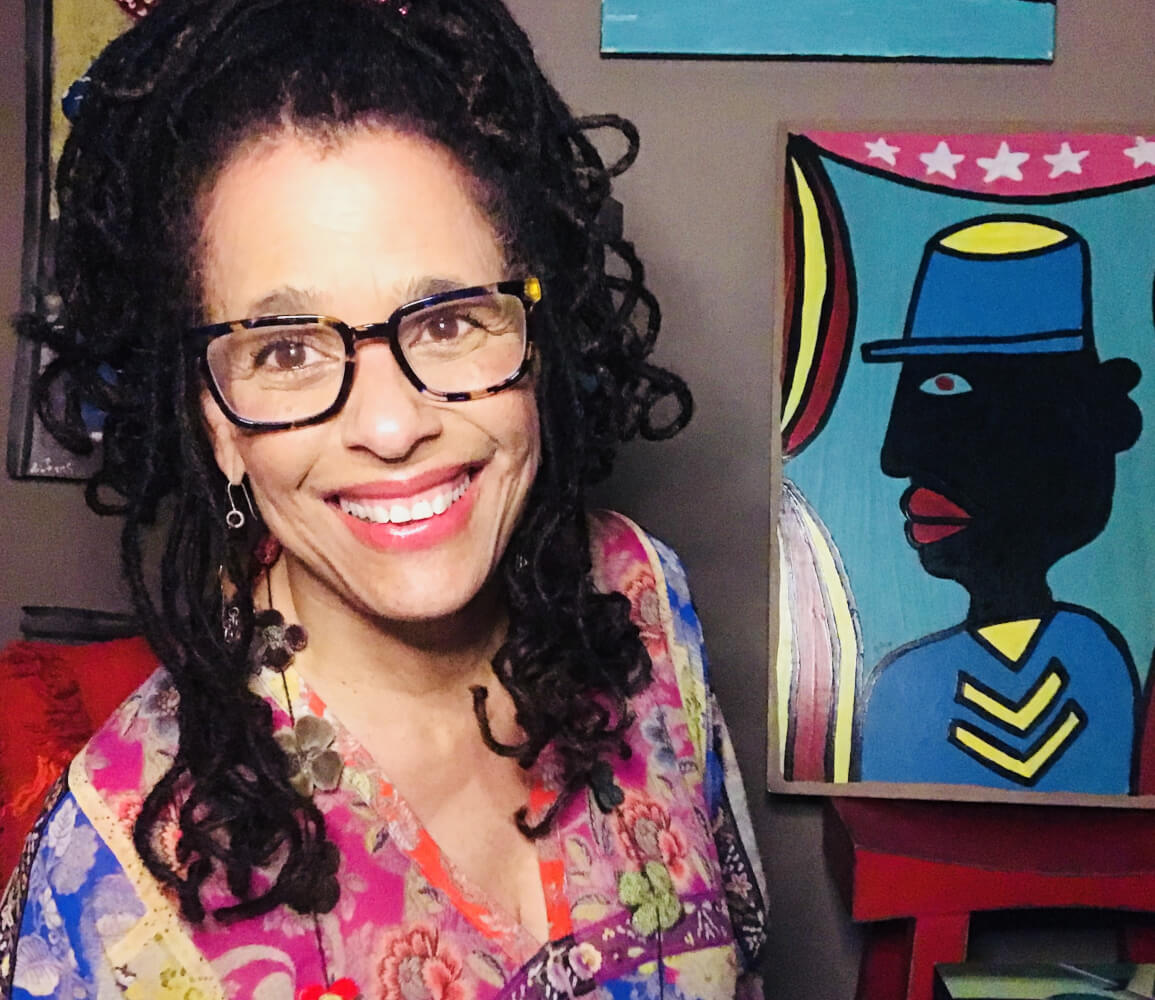


Bridging the fields of environmental history, cultural studies, critical race studies, and geography, Finney argues that the legacies of slavery, Jim Crow, and racial violence have shaped cultural understandings of the "great outdoors" and determined who should and can have access to natural spaces. Many have written about this bias, and it appears to be sufficiently strong and pervasive that one is led to wonder whether the bias, by itself, might account for a significant fraction of the disputes, altercations, and misun- derstandings that occur among individuals, groups, and nations.Why are African Americans so underrepresented when it comes to interest in nature, outdoor recreation, and environmentalism? In this thought-provoking study, Carolyn Finney looks beyond the discourse of the environmental justice movement to examine how the natural environment has been understood, commodified, and represented by both white and black Americans. 41) If one were to attempt to identify a single problematic aspect of human reasoning that deserves attention above all others, the confirma- tion bias would have to be among the candidates for consideration. 552) Confirmation bias is perhaps the best known and most widely accepted notion of inferential error to come out of the literature on human reasoning.

When men wish to construct or support a theory, how they torture facts into their service! (Mackay, 1852/ 1932, p. Possible explanations are considered, and the question of its utility or disutility is discussed. The author reviews evidence of such a bias in a variety of guises and gives examples of its operation in several practical contexts. Confirmation bias, as the term is typically used in the psychological literature, connotes the seeking or interpreting of evidence in ways that are partial to existing beliefs, expectations, or a hypothesis in hand.


 0 kommentar(er)
0 kommentar(er)
